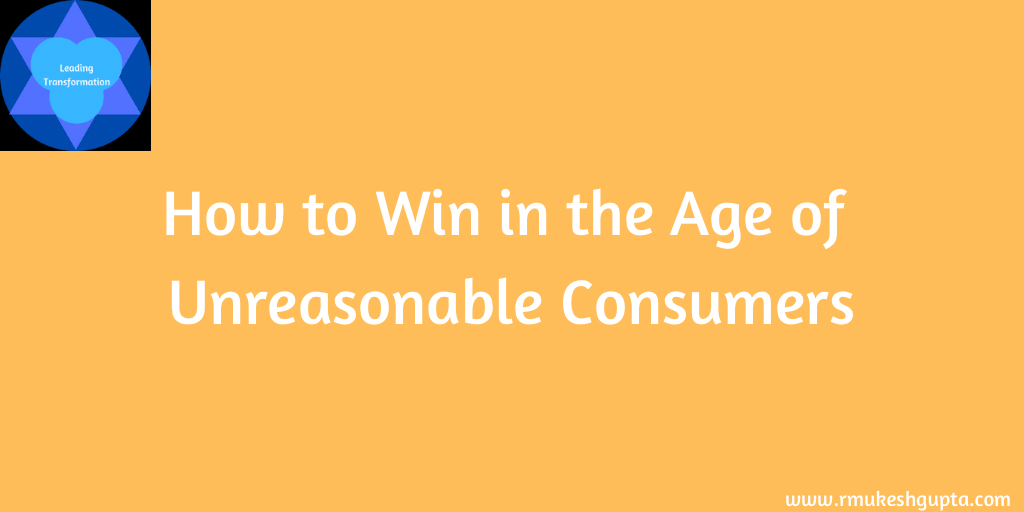One of the most important activities in the sales process is the follow-up process post your discussions with them. This critical steps can at times help you move towards a closure or take you away from the deal.
Critical questions that one need to address in this process are :-
- Share new information: Is there any new information (read new offers, whitepapers, references, etc) from the time you had the last discussion. If so, it provides us a good opportunity to contact the prospect and check with them on the current status
- Timing: How often do you want to follow-up with the prospect ? Writing or calling them frequently will only make them feel irritated and does not serve the purpose. However, long gaps between follow-ups may take you off their minds, which is again not good. So, we need to time this in such a way that it is not too frequent and at the same time there is not too much time gap.
- Medium: Another key decision is also if you want to call, meet or email the prospect to follow-up. Email is the most common medium for follow-up. While using this medium, we need to be careful of the common mistakes that we do:
- It is not a good idea just to write “Just following up on…”. It is quite obvious that you are following-up on your previous discussion, so it is not necessary to state this. You could instead use this opportunity to ask some pointed questions on the oppportunity depending on what stage of the sales-cycle the prospect is. Few examples could be:
- Have you had the opportunity to discuss my proposal with your team/manager ?
- Is there something I can do to help you convince your team on my product/service ?
- Do you have any particular question or query regarding our product/service?
- It is good practice to keep your email short and to-the-point.
- If you have any new information, it is good if you share this info at the beginning of the email and close the email with a pointed question.
Follow-ups if done well, go a long way to keep the prospects interested and also help in fostering a good business relationship with the prospect.

